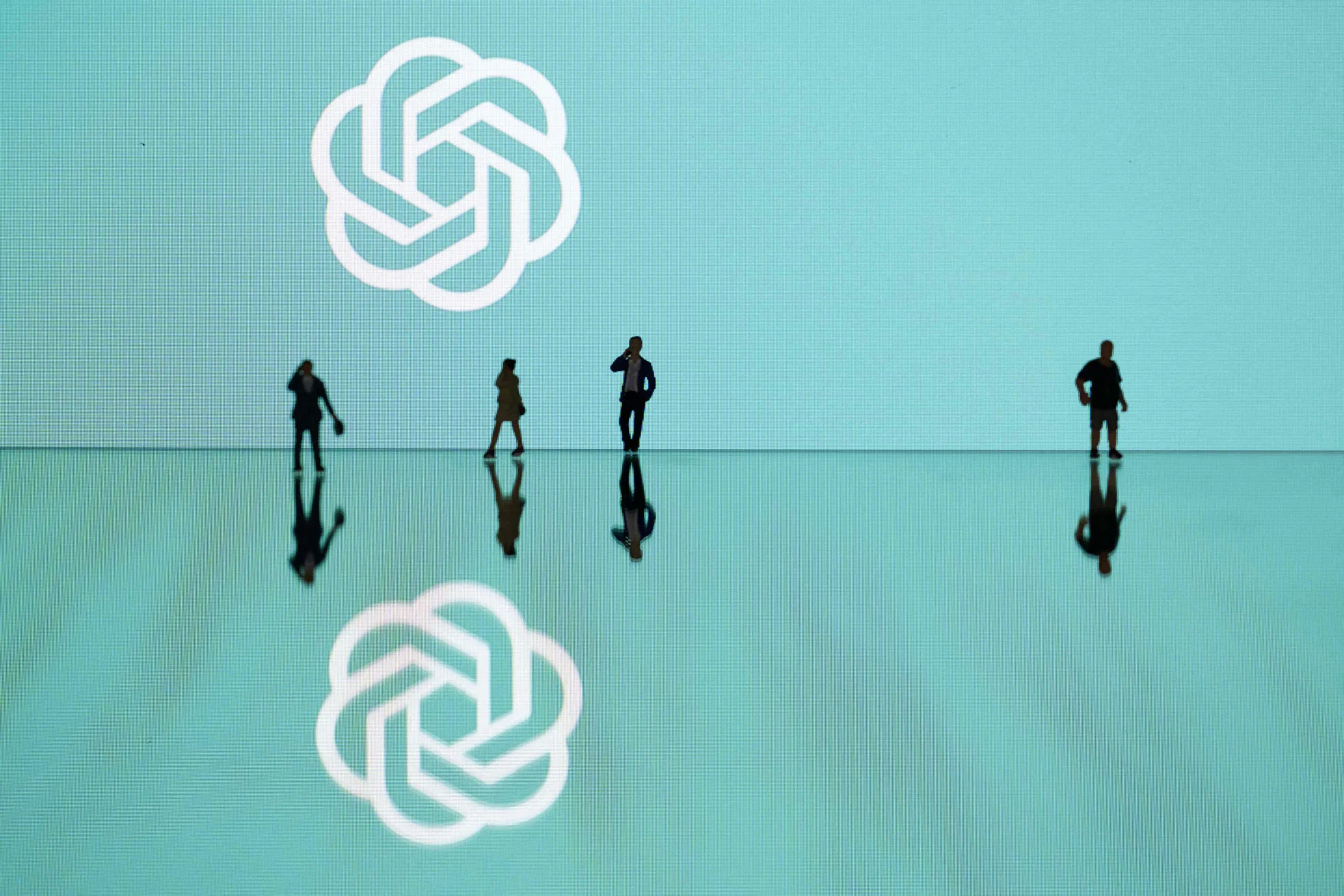
ChatGPT Sends Millions to Verified Election News, Blocks 250,000 Deepfake Attempts
AI
Zaker Adham
09 November 2024
28 July 2024
|
Zaker Adham
Summary
Summary
As Paris prepares for the Olympics, the city is implementing advanced security measures, including AI surveillance, to monitor the influx of visitors. The French capital is heavily fortified, with 40,000 barriers and a significant presence of police and soldiers patrolling the streets. The Seine River is restricted to those with vetted personal QR codes.
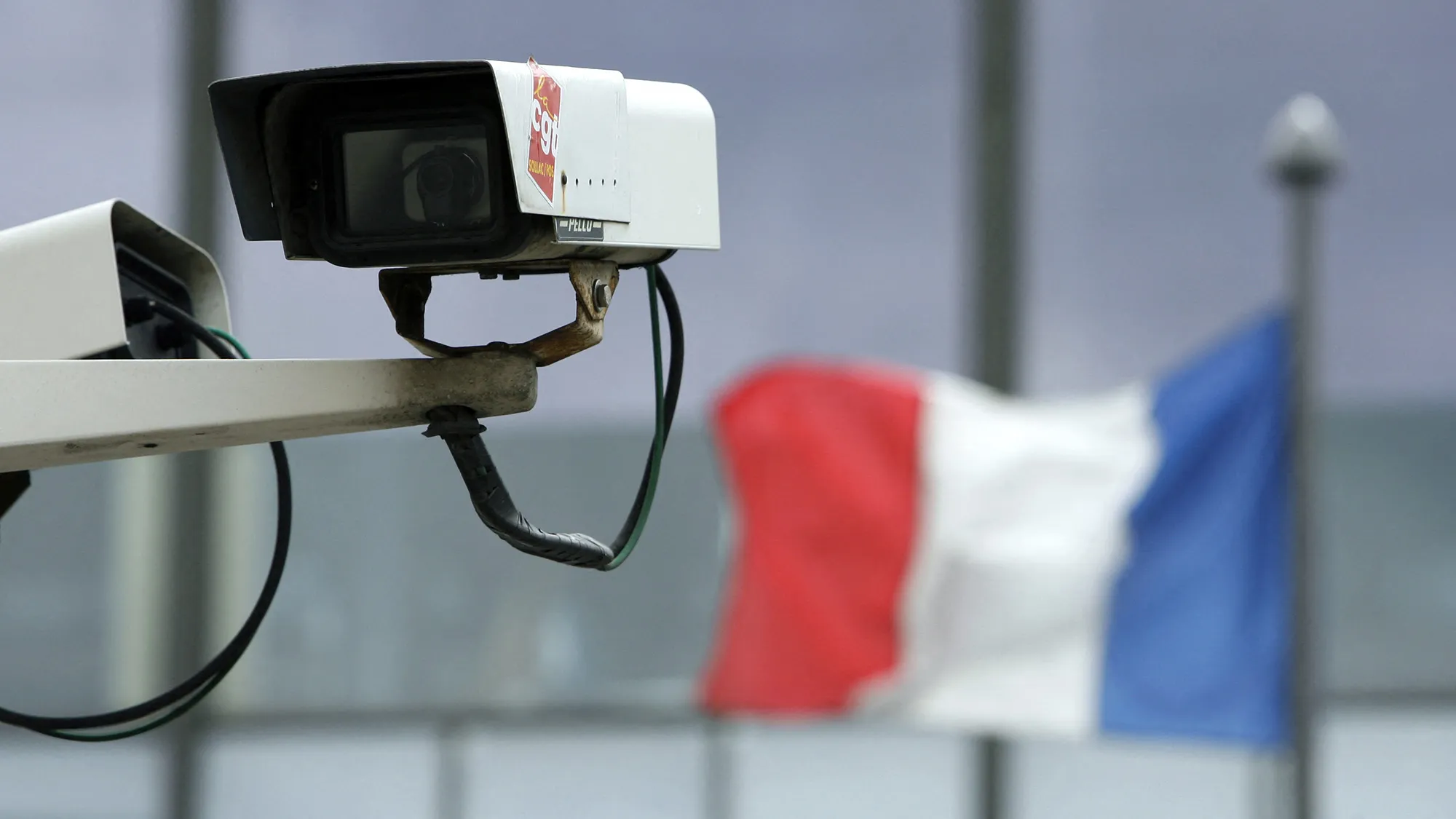
French Interior Minister Gérald Darmanin emphasizes these precautions as necessary, describing the event as the "biggest security challenge any country has ever had to organize in a time of peace." The measures are in response to potential threats, with numerous individuals flagged during application processes for work or volunteering, including radical Islamists, far-left, and far-right extremists. Recently, a Russian citizen was arrested for allegedly planning large-scale disruptions during the Games.
While road closures and disrupted bike lanes are causing frustration among Parisians, human rights groups are raising concerns about the infringement on fundamental rights. The use of AI to enhance surveillance is particularly controversial. Paris has deployed new algorithms to analyze CCTV footage in real-time, a technology first tested during Depeche Mode concerts in March.
This AI-powered system allows for more efficient monitoring of CCTV footage, which would be impossible for human operators to oversee comprehensively. Noémie Levain from the activist group La Quadrature du Net criticizes this development, arguing that it extends police surveillance capabilities significantly.
At Porte de Pantin metro station, surveillance cameras are now equipped with AI technology, part of a "video surveillance analysis experiment" by RATP, Paris' metro operator. This trial will run until March 2025 and is also deployed at 46 train and metro stations for the Olympics. The AI system can detect specific events, such as crowd surges, abandoned objects, and potential threats.
Matthias Houllier, co-founder of Wintics, one of the companies providing these algorithms, explains that their technology enhances CCTV cameras, enabling more effective monitoring without facial recognition or personal data analysis. However, privacy advocates like Levain argue that this technology still processes personal data and raises significant privacy concerns.
Levain fears that AI surveillance will persist long after the Olympics, enabling ongoing surveillance and potential discrimination. She and other activists are distributing posters to alert Parisians about the increasing surveillance and urging resistance against what they view as authoritarian measures.

AI
Zaker Adham
09 November 2024
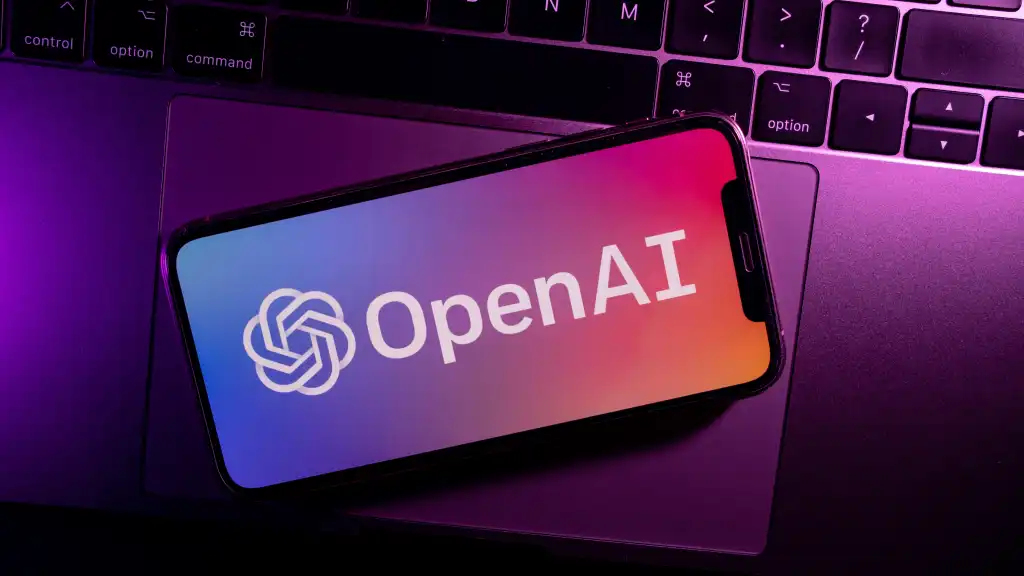
AI
Zaker Adham
09 November 2024
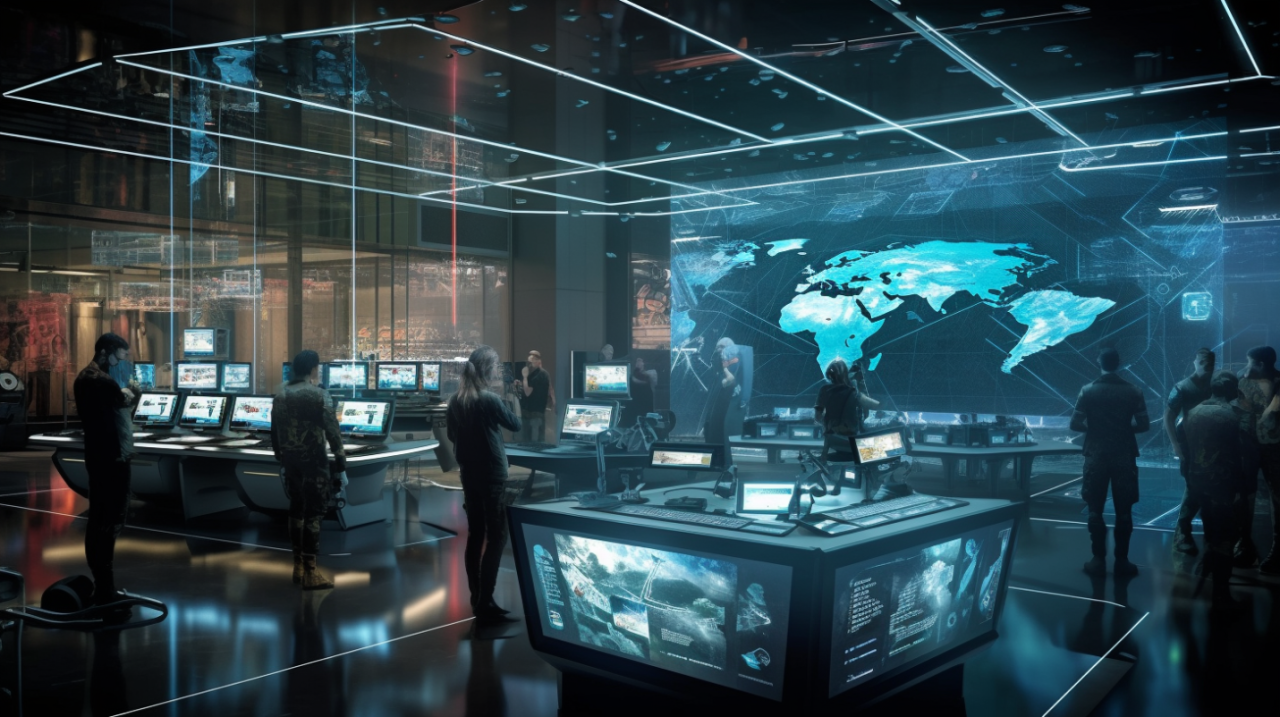
AI
Zaker Adham
07 November 2024
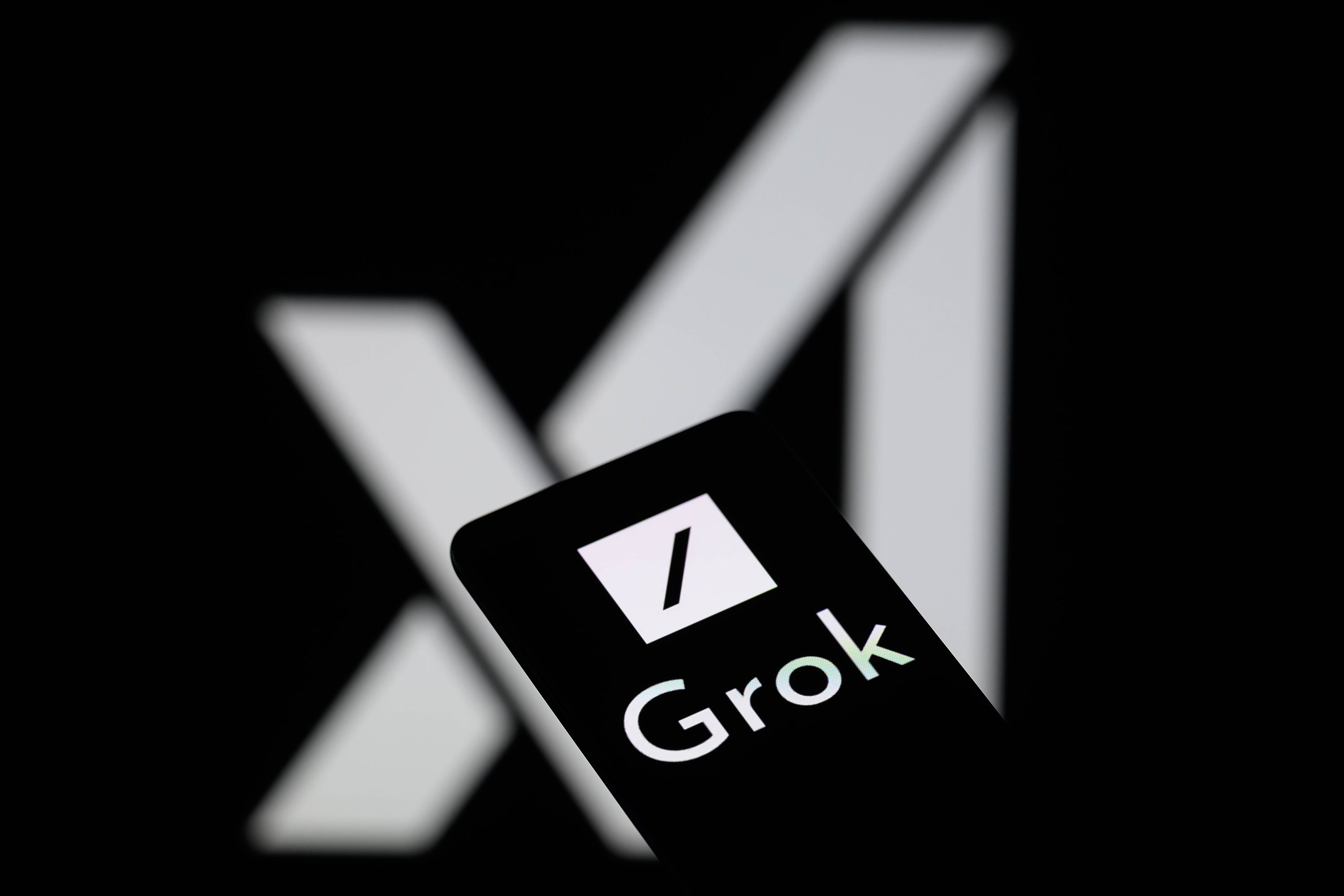
AI
Zaker Adham
06 November 2024